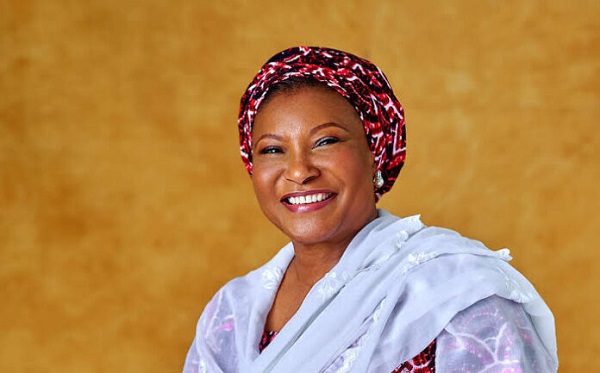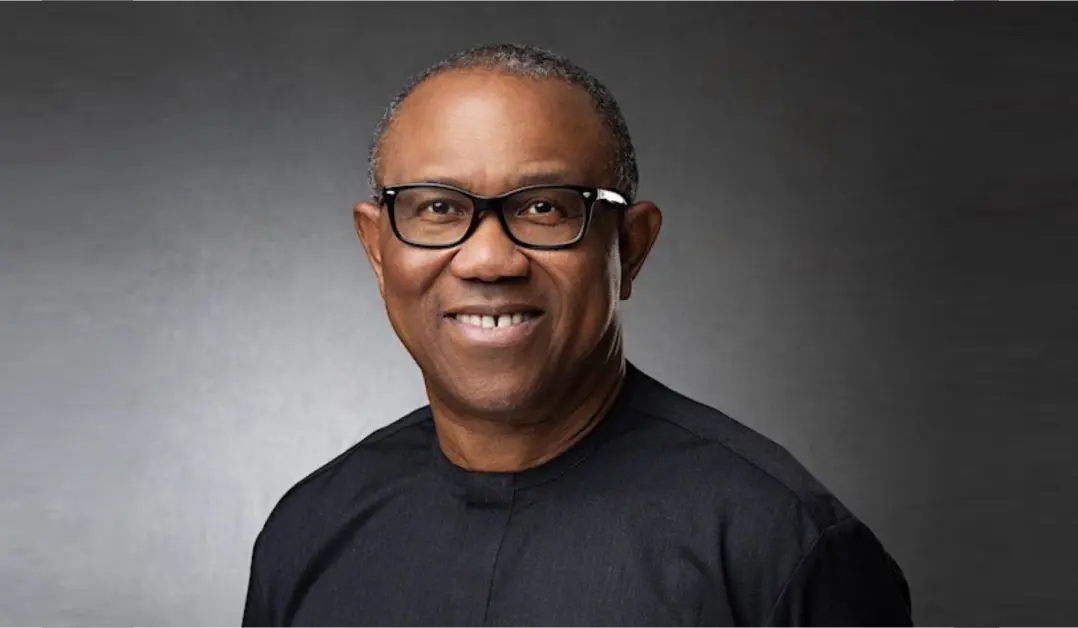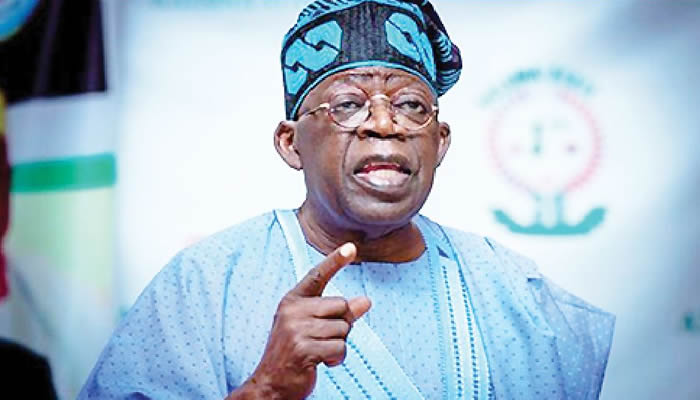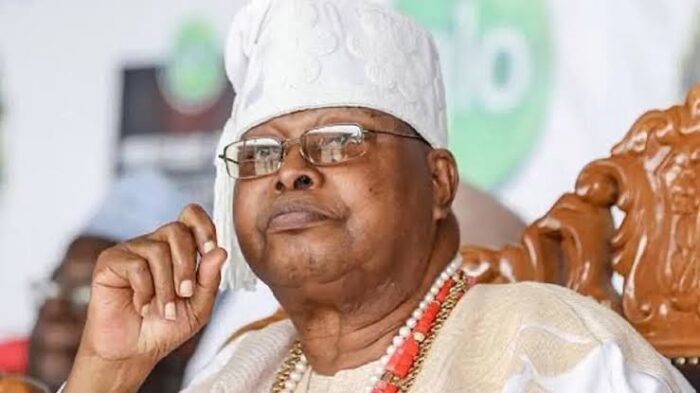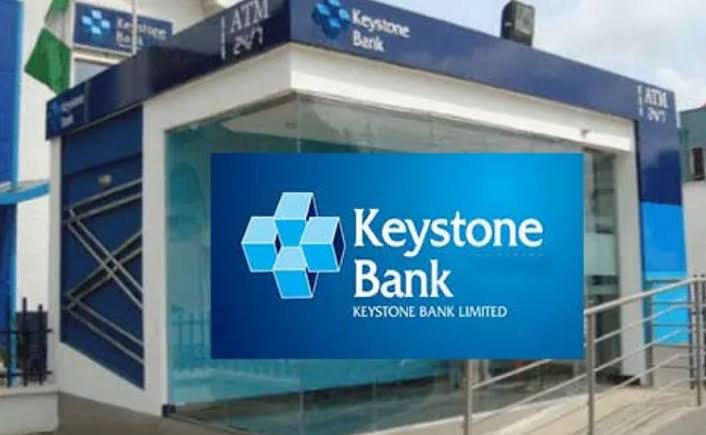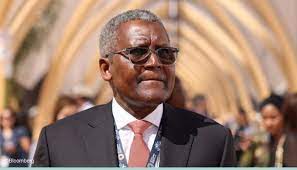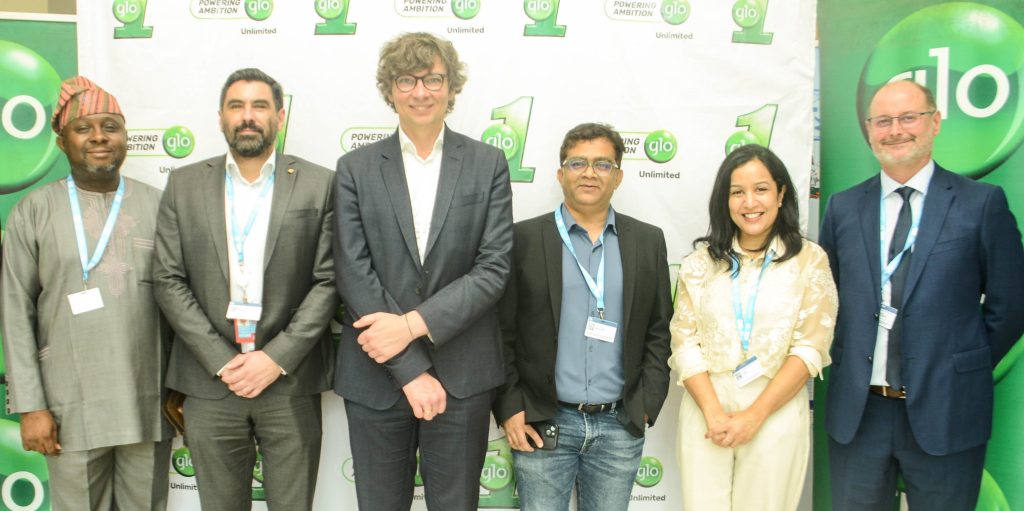By Ayomide Otitoju
Leading telecommunications company, Globacom, in collaboration with the Ministry of Communications, Innovation, and Digital Economy, successfully hosted the 2025 International Submarine Cable Resilience Summit in Abuja on Wednesday and Thursday.
The high-profile summit, organized in partnership with the International Telecommunication Union (ITU) and the International Cable Protection Committee (ICPC), brought together global telecommunications stakeholders to foster innovation, strengthen industry collaboration, and develop strategies for enhancing submarine cable resilience.
Glo 1: Strengthening Africa’s Digital Infrastructure
As the sole owner of the Glo 1 submarine cable, Globacom played a pivotal role in discussions aimed at fortifying Africa’s cable networks to ensure seamless digital connectivity and economic growth.
Recognizing the critical role of submarine cables in economic expansion, Globacom launched the Glo 1 cable in 2010, linking Europe to Africa. The importance of resilient cable infrastructure was underscored in 2024 when widespread fiber cuts disrupted digital connectivity across West Africa. However, Glo 1 remained operational, thanks to its robust infrastructure and proactive maintenance strategies, thereby minimizing the impact on consumers and businesses.
To meet growing demand, Globacom has recently upgraded the capacity of Glo 1, ensuring consistent and reliable internet access for an expanding user base.
Government and Industry Leaders Emphasize Digital Resilience
Declaring the summit open, Dr. Bosun Tijani, Minister of Communications, Innovation, and Digital Economy, highlighted the indispensable role of submarine cables in global digital connectivity.
“Submarine cables serve as the backbone of digital connectivity, carrying over 95% of international data traffic and linking continents to support modern economies. However, these infrastructures remain vulnerable to disruptions from natural disasters, geopolitical tensions, accidental damage, and cyber threats,” he stated.
Dr. Tijani reaffirmed Nigeria’s commitment to protecting telecommunications infrastructure as Critical National Infrastructure, aligning with President Bola Ahmed Tinubu’s agenda to strengthen digital resilience across all sectors.
In her address, Doreen Bogdan-Martin, Secretary-General of the ITU, emphasized the world’s increasing dependence on digital infrastructure and called for greater investment in submarine cable networks to enhance global connectivity.
Similarly, Prof. Sandra Maximiano, Co-Chair of the ITU Advisory Board, stressed the need for proactive measures to prevent cable outages. He advocated for increased availability of technical resources—such as ships, stockpiles, and replacement parts—in regions with fewer submarine cables. He also urged regulatory bodies to align their policies with resilience requirements.
Strategic Discussions on Africa’s Digital Backbone
The summit featured expert panel discussions on key aspects of submarine cable resilience, risk mitigation, and policy frameworks to safeguard Africa’s digital infrastructure.
Globacom’s active participation further cements its role as a leader in digital transformation and connectivity in Africa. With continued investment in infrastructure, the company remains committed to enhancing internet reliability, driving innovation, and ensuring sustainable growth in the telecommunications sector.


